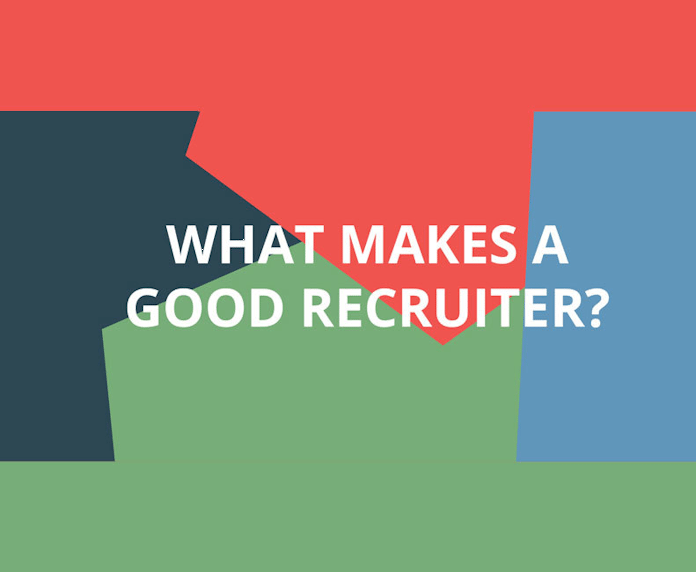Today, in 2018, it is harder than ever to find a good recruiter. I want to emphasize the word “good” because it is in no way difficult to find a recruiter. In fact, there are too many recruiters. According to IBISWorld, there are over 300,000 recruiters in the United States alone. Sadly, only a small percent of those are good recruiters.
I will explain what a recruiter is and exactly how to identify a good recruiter for your job search.
What is a recruiter?
A recruiter is defined by Dictionary.com as, “A person whose job is to enlist or enroll people as employees of an organization.”
Given that basic definition, just about anyone can call themselves a recruiter. All they have to do is enroll someone as an employee of an organization.
The recruiting industry has become a popular entry-level job for college graduates. Somebody decided one day that it would be a great idea to have inexperienced individuals screen the experienced individuals.
This has caused a ton of headaches for job seekers. So, to help, I am going to tell you what to look for in a good recruiter. These 5 signs you’re working with a good recruiter will save you time, energy, and a ton of frustration.
A good recruiter is responsive.
A good recruiter responds to job seekers who send them messages. Plain and simple. When somebody is personally reaching out to you asking for help, when did it become okay to totally ignore them?
It’s so easy to hide behind LinkedIn. Most of the behavior seen on LinkedIn would never happen in person. If a homeless person walked up to you and asked you for change, you would at least tell that person no. Give a job seeker more respect than a homeless person and at least respond with a polite “Sorry, I can’t help you.”
A good recruiter reads resumes.
A good recruiter actually looks at the resumes submitted (Crazy, right!?). This bizarre concept of reading resumes instead of parsing them through Applicant Tracking Systems (ATS) is rarely applied.
Since recruiters are often inexperienced in the industry they are recruiting for, it’s impossible for them to understand your resume. They are looking for resume keywords. If you do not have the correct keywords but you have synonyms for all the same words, you just got passed up. Better luck next time.
A good recruiter offers advice.
A good recruiter offers advice before you attend the interview. It’s not just a recruiter’s job to make an introduction and get you an interview. A good recruiter is going to take the time to prepare you for the interview.
More often than not this recruiter has a relationship with the company and hiring manager. He/she will know what the interview is typically like, what the hiring manager’s personality is like, and more. If your recruiter does not offer this insight up front, don’t be afraid to ask them for it.
A good recruiter provides feedback.
A good recruiter provides feedback to candidates they reject. This seems pretty self-explanatory but is sadly one of the most uncommon practices in recruiting.
It would be impossible for a recruiter to provide specific feedback to everyone who applies for the job. So, when I say they should provide feedback to everyone they reject, I do not mean if you simply fill out the application. Sometimes 300 people will apply for a job. Don’t expect much more than a templated “Unfortunately, your skills did not align with what we were looking for.”
However, a good recruiter is going to provide you with feedback after your interviews. Whether it was a first round phone interview or a final round face to face, it is absolutely unprofessional for a recruiter to leave you in the dark after an interview.
A good recruiter = new job.
A good recruiter is your advocate and your ticket to a new job. People who think recruiters are useless just haven’t met the good ones. Recruiters do help people find jobs. In fact, I am personally associated with a few great recruiters who helped me land amazing jobs in the past (some at Fortune 50 companies).
A good recruiter has integrity, cares about others, and does not follow the norms of the unfortunately broken recruiting industry.


